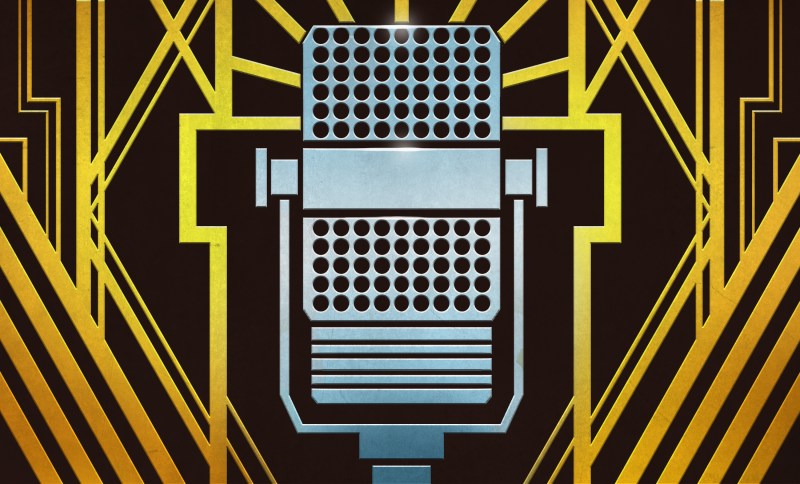Hackaday editors Mike Szczys and Elliot Williams sort through all of the hacks to find the most interesting hardware projects you may have missed this week. Did you know you can use machine learning without a neural network? Here’s a project that does that on an ATtiny85. We also wrap our minds around a 3D-printed press brake, look at power-saving features of the ESP32 that make it better on a battery, and discuss the IoT coffee maker hack that’s so good it could be a stock feature. Plus we dive into naturally occurring nuclear reactors and admire the common, yet marvelous, bar code.
Take a look at the links below if you want to follow along, and as always tell us what you think about this episode in the comments!
Take a look at the links below if you want to follow along, and as always, tell us what you think about this episode in the comments!
Direct download (60 MB or so.)
Episode 049 Show Notes:
New This Week:
- Hackaday Belgrade is May 9th!
- Submit your talk: Hackaday Belgrade 2020 Call for Proposals
- Article on Hackaday: Hackaday Belgrade: Call For Proposals
Interesting Hacks of the Week:
- How Low Can An ESP32 Go?
- Tiny Machine Learning On The Attiny85
- Datacenter UPS Heads Home For Off-Grid Power Solution
- Poking Around Inside A Pair Of Classic Gaming Gifts
- Embedding A Smart Switch In A Java Factory
- 3D-Printed Tools Turn Bench Vise Into Expedient Press Brake
Quick Hacks:
- Mike’s Picks:
- Elliot’s Picks:

















If this was your 50th episode (0-49, zero-indexed; remember?), then congratulations! If next week is your 50th episode (the 51st podcast), then congratulations a week early!
Favorite thing I’ve learned this year: Elliot’s use of the word “janky” (not a hack, I know).
Woot! Off-by-one confusion due to zero-indexing! That’s never happened before. :)
And we don’t help matters either — we’re _still_ not decided amonst ourselves whether we count that first one or not.
But thanks for the thought, and feel free to celebrate again next week.
(The real milestone is going to roll up at the end of this year, when we hit 100. I don’t think anyone noticed, but when we did our first “real” podcast, I numbered it 001. Not 1 or 01: 001. Given that neither of us had made more than one podcast episode at the time, that was a little bit of a ballsy move. I can’t wait to make good on it.)
Speaking of uranium: https://phys.org/news/2020-01-chemists-product-nuclear-power.html
Depleted uranium can now be used as a catalyst to convert hydrocarbons into others. This opens up the door for synthesizing all sorts of stuff out of simple molecules which can be made with renewable energy; biogas, syngas, etc.
>”Prof Layfield said: “The ability to convert alkenes into alkanes is an important chemical reaction that means we may be able to take simple molecules and upgrade them into valuable commodity chemicals, like hydrogenated oils and petrochemicals which can be used as an energy source.”